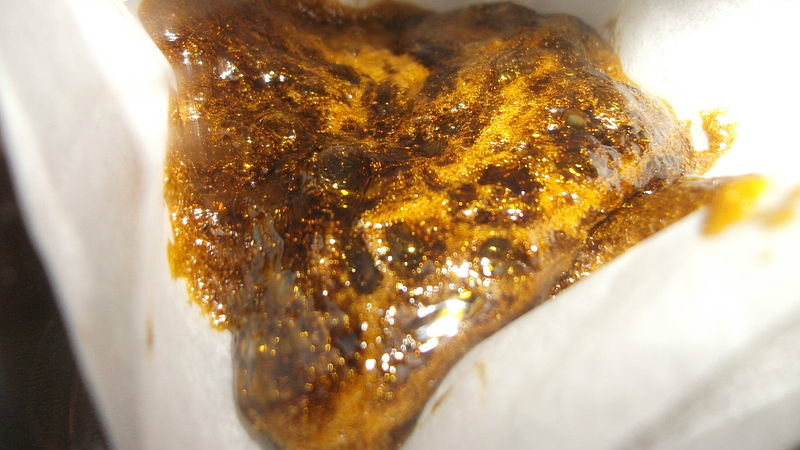
Since the legalization of marijuana in January, a federal office has tracked two dozen explosive fires caused by recreational users making their own hash oil. The manufacture of the super-condensed form of cannabis poses a threat to communities, Kevin Wong, a data analyst for the White House’s Rocky Mountain High-Intensity Drug Trafficking Area says. Wong is tasked with keeping a tally of the incidents and the data will be shared with communities shaping their own marijuana policies.
“There are instances where this has happened in single-family residences -- detached homes,” Wong says. “These have happened in shared-wall condos or townhomes. These have happened in apartment complexes, in hotels, motels. These have even happened in moving vehicles. There are also cases in the Denver-metro area where there are commercial buildings that these have happened outside of, such as marijuana dispensaries or medical marijuana retail stores.”
Wong says people who live or work near where explosions were surprised to learn a makeshift hash-making operation was near their home.
Most of the 24 incidents that Wong has tracked have taken place in the Denver area. He declined to provide specific addresses of the incidents that have also occurred in Grand Junction, Colorado Springs, Leadville, Broomfield and Aurora.
His office is studying another six cases that may add to the total number of confirmed hash-caused explosions.
Last year, by contrast, there were 12 confirmed explosions, Wong says.
What makes the manufacture of hash oil so dangerous is the use of invisible explosive gases, such as butane or propane, in the hash-oil manufacture process. To make it, marijuana is ground up and packed into an extraction tube. Gas is then forced into the tube, creating a highly-intoxicating concentrate of THC, the active ingredient in marijuana. The result is a honey-like substance -- or “butter” -- that can be used in edibles or heated and inhaled.
Some explosions have been deadly, Wong says, and may occur when gas is sparked by something as simple as an electrical current in the home or even static electricity.
Earlier this month, the town of Telluride banned the manufacture of hash oil, citing concerns that operations could explode and harm innocent bystanders. Other local governments may follow suit.
There have been dozens of injuries to people caught in explosions, Wong says.
A victims’ burned skin is often removed and new grafts are put on their faces, arms and hands, University of Colorado Hospital burn center nurse, Camy Boyle says.
“They have to start pretty intense physical therapy and occupational therapy to maintain their function and their range of motion and to be able to use their hands,” Boyle says.
“It is a painful injury," she adds. "And, also, psychologically, it really impacts people more than you would think. They deal with the trauma of having been involved in the fire and then maybe having some guilt surrounding the circumstances of how it happened. Maybe it’s displaced their family and they’re not able to live in their home. Maybe they’re now out of work and now they have all these medical bills, so it’s a huge impact to the patient and to their entire family when something like this happens.”
If current trends continue, the burn center will treat about three times as many victims this year as it did last year, she says.
Wong says explosions often involve makeshift labs. Some makers learn from YouTube and receive bad information about making hash oil that’s dangerous and puts them at risk for creating an explosion. There are safe hash oil manufacturing operations, but the equipment involved is expensive, he adds.








